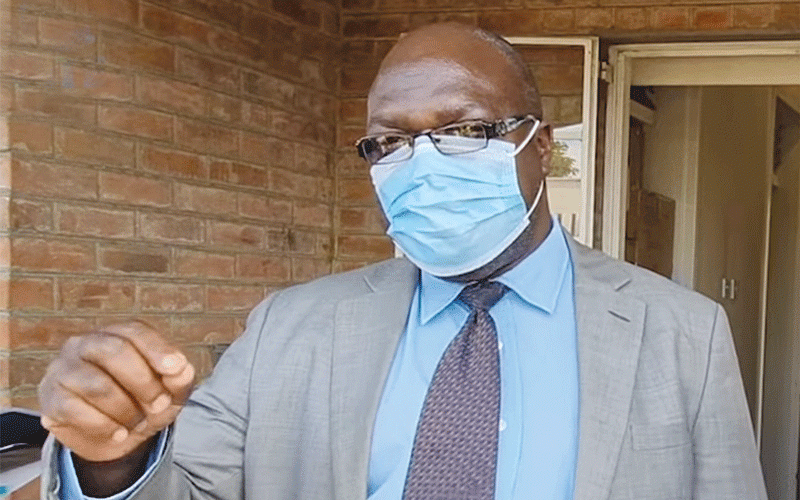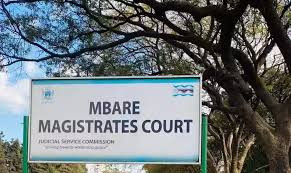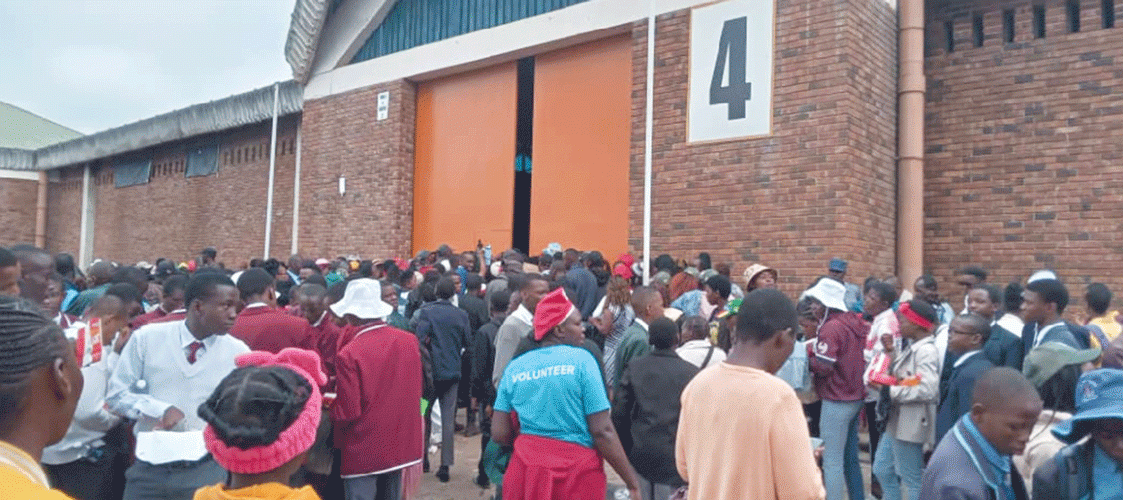
BULAWAYO City Council (BCC) claims diarrhoea cases are on a steady decline in the city despite incessant sewer pipe bursts which have been blamed for the outbreak of the waterborne disease.
BCC imposed a 72-hour water-shedding regime late last year after decommissioning one of its supply dams, Umzingwane, exposing residents to health hazards.
The city recorded over 1 000 diarrhoea cases in three months following an outbreak of the disease in July last year.
Council’s health services director Edwin Sibanda confirmed the decline in recorded cases of diarrhoea.
“Most water-related diseases in the city tend to be ‘water washed’ as opposed to waterborne, thus as long as there is water from rain, hygiene standards at personal level improve, hence we have less diarrhoea cases,” Sibanda told Southern Eye.
“However, the issue of solid waste, the generation and dumping of the same is too high. We may need to improve on that front.”
According to council statistics, the city recorded 1 213 cumulative cases of diarrhoea by September 6.
The first cases of diarrhoea were reported in July in ward 17.
- Uproar over census figures
- Byo Arts Festival in turmoil…One year later, festival has yet to pay artists…Organisers play cat and mouse with artists
- Bulawayo struggles to clear housing backlog
- Council acts tough on debts
Keep Reading
The affected suburbs included Pumula, Luveve, Nkulumane, Mzilikazi and Tshabalala.
Diarrhoea has become endemic in Bulawayo.
In 2020, a killer diarrhoea outbreak claimed 13 lives, and infected over 2 000 residents.
The outbreak was blamed on contaminated water resulting from the city’s ageing water and sewerage reticulation infrastructure.
Meanwhile, as water shortages persist, fears abound of another wave of diarrhoeal diseases as desperate residents have been forced to resort to unsafe water sources for domestic use.










